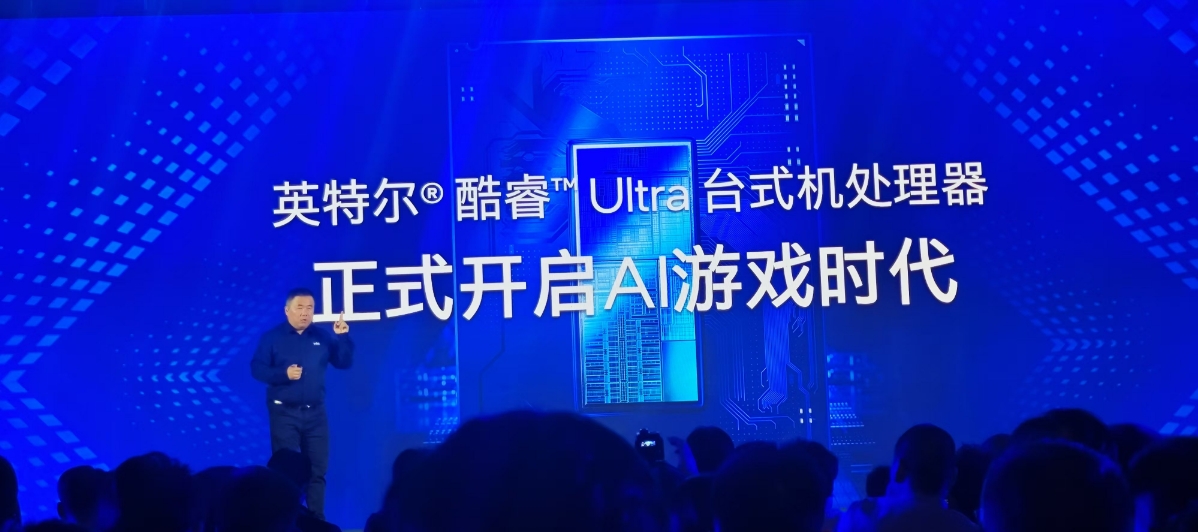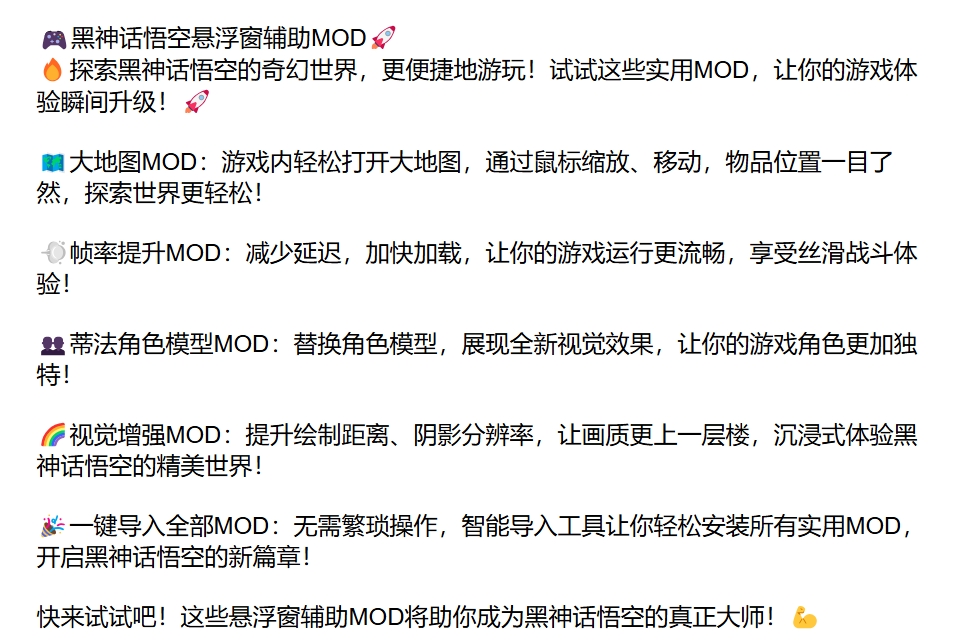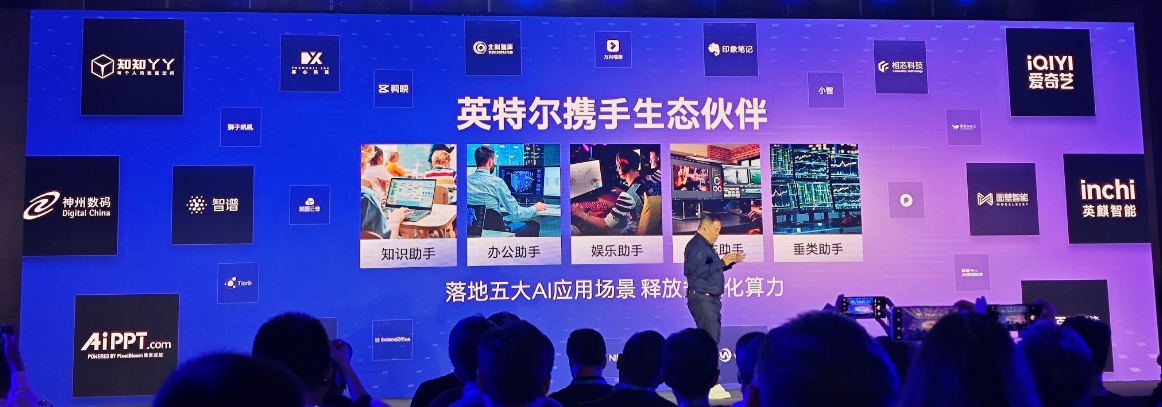Will the booming AI gaming become the driving force for the popularization of AI PCs?
![]() 11/04 2024
11/04 2024
![]() 651
651

We've been talking about AI for so long, but what exactly can AI bring to us? I've actually been pondering this question as well. As an editor who frequently tracks the latest digital technology content, AI has indeed provided me with much assistance in my work. However, I'm also aware that for ordinary people, AI still seems like a popular yet somewhat intangible concept.
How to make ordinary users truly experience the changes brought about by AI may be the most pressing issue facing the AI industry right now. After attending press conferences by companies like Intel, I believe there might already be an answer to this question—video games.

Source: Leitech
The history of video games is long-standing and can even be said to be inextricably linked to the development history of computers. NVIDIA, which now reigns supreme in the field of AI, initially aimed to provide gamers with a better gaming experience. For a long time afterward, video games were the main driving force behind GPU performance enhancements. Unlike CPUs, GPUs are mostly consumed by gamers, with only a minority used for scientific computing and other projects. It's not an exaggeration to say that gamers support half of the PC market.
History has proven that gamers' spending power is sufficient to support the development of an emerging industry. Therefore, amidst the slow popularization of AI PCs, video games are once again held in high hopes.
From assisting to accompanying, AI is profoundly changing gaming
How can AI be integrated into games? Both PC and game manufacturers have their own considerations on this matter. Recently, Intel held a press conference in Beijing for its Core i9-200S series processors. As Intel's first desktop AI processor, it naturally became the best platform for promoting AI applications.
At the press conference, Intel showcased a series of AI gaming services designed based on CPU-side AI performance, such as the recently popular "Black Myth: Wukong". At that time, many players complained about issues like the lack of a mini-map, high BOSS difficulty, and too many hidden spots. Although the official explanation was to allow players to enjoy the joy of exploration, for first-time players of this type of game, it undoubtedly reduced the fun of playing.
Previously, there were only two solutions to such problems: 1. Check guides while playing; 2. Wait for third-party MODs to be released. The first solution requires constantly switching screens to check guides, interrupting the gaming experience and being troublesome. The second solution requires waiting for MOD authors to release them, with unknown timing and whether they will be released at all. Especially for less popular games, it's almost impossible to encounter players who create auxiliary MODs.

Source: Weibo
However, in the AI era, this problem will no longer exist. At Intel's press conference, they demonstrated an AI-based game assistant. This game assistant can not only help players check map locations, suggest forks, and nearby hidden spots in "Black Myth: Wukong" but also provide guide searches before BOSS battles and even remind players of dodging techniques when the BOSS attacks.
To some extent, this is an adaptive auxiliary MOD based on game content. Even players passionate about single-player games may find it hard to resist such an "AI temptation". After all, this AI doesn't help you "cheat"; it just helps you understand enemies in advance or compensate for flaws in game design.
Moreover, these functions are customizable. If you don't want to be disturbed too much by AI, you can simply selectively turn off some functions and keep the ones you need. On the other hand, an AI assistant has the advantage of not requiring modifications to game files because all functions are based on visual detection and real-time results calculated by local large models. This avoids issues like game startup failures and anti-cheat function triggers due to modified files.
The ingenious use of AI in games certainly doesn't stop there. In subsequent demonstrations, Intel also showcased the auxiliary role of AI in competitive games, such as helping players record item times, reminding players of fallen teammates' positions, and marking the best skill and item release points for players. Although this function is already on the verge of being considered a "cheat," seriously speaking, it merely enhances players' gaming experience.

Source: Tencent
Intel has also collaborated with software vendors to launch AI game companions, utilizing local AI large models to easily replicate different character voices, turning AI into an "assistant" that plays games with you. Honestly, this feature may cause considerable controversy in the future. After all, voice copyright is already a concern, and even for personal use, it faces many disputes.
Apart from providing assistance and emotional value to players outside the game, game manufacturers are also exploring the deep integration of AI and games, such as using real-time AI calculations to respond based on players' actions and replies, making game storylines truly unique for each player and even allowing players to decide the game's ending.
Imagine if you find the official ending of a game unsatisfactory. By enabling AI mode, you can write your legend in the game, making up for the regrets in the official ending and completely changing the form of the game.
The integration of AI and games will undoubtedly have a significant impact on the entire gaming and PC ecosystem. As long as AI demonstrates sufficient value, it will drive a large number of players to upgrade their hardware. After all, people are always willing to spend more money on "competition" and "self-entertainment".
'Many hands make light work'; AI gaming is accelerating in popularity
After discussing so many uses of AI in games earlier, you might get the misconception that AI+gaming is about to become ubiquitous. This is not the case. Whether it's Intel or NVIDIA, the content ecosystem for AI+gaming is still in its infancy. It may take at least a year or two before these functions become widespread.
In fact, many of the AI game assistants discussed earlier still require targeted optimization to provide a sufficiently good experience. Unless AI computing power and model training are further improved, real-time AI assistance without prior intervention may not be possible. This brings us back to NVIDIA because only high-end dedicated graphics cards can provide higher AI computing power, and graphics cards are still more efficient than CPUs in processing visual data.
Moreover, this is not a problem that can be solved by a single company. As Intel said at the press conference, graphics cards are responsible for game rendering and have unstable AI computing power, making CPU computing support particularly important. Even better, if companies like Intel and NVIDIA can further collaborate to create a computing power allocation mechanism based on the underlying layer, it can better resolve the contradiction between AI computing power and game performance.

Source: Leitech
Additionally, the assistance of Microsoft, game manufacturers, and device manufacturers is essential. This includes Windows support for large AI models, targeted optimization by game manufacturers, and hardware optimization and system integration by device manufacturers. Undoubtedly, this is a massive plan that will also benefit all manufacturers in the entire PC chain.
In fact, PC companies like Lenovo have already started targeted hardware optimization for AI needs, although currently focused on productivity. However, their involvement in gaming and entertainment is a done deal. For example, MSI has already released monitors that support AI assistance functions by incorporating NPU chips into the monitors to achieve local AI functions independent of PCs.
MSI's products have clearly reminded other PC manufacturers that AI computing power doesn't only come from CPUs and GPUs. Deploying separate NPUs can also provide additional computing power. Can this be transformed into a product advantage? For example, a gaming laptop positioned for AI assistance can provide AI assistance functions unavailable in other brands by deploying additional NPUs and hardware (such as eye-tracking cameras) combined with customized game assistants.
In the future, we may see more hardware with built-in NPUs, from monitors to motherboards, and even possible standalone consumer-grade AI computing cards to provide additional computing support for PCs. In building the entire AI hardware ecosystem, manufacturers like Intel, NVIDIA, AMD, Qualcomm, Lenovo, ASUS, and others will find their respective positions and add more fuel to the AI ecosystem's bonfire.
In my opinion, AI gaming will undoubtedly be a true revolution. For gamers, its impact will surpass NVIDIA's ray tracing. After all, ray tracing only brings graphical innovation or makes it easier for game manufacturers to create better lighting effects, while AI gaming brings innovation to gameplay.
By then, players will no longer be mere participants but can obtain more interactive and customized experiences through AI assistants. Perhaps one day in the future, every detail and scene of a game can be adjusted in real-time based on players' preferences, ultimately presenting the perfect game world in everyone's mind. As a gamer, I am incredibly excited about such a future.
Source: Leitech






